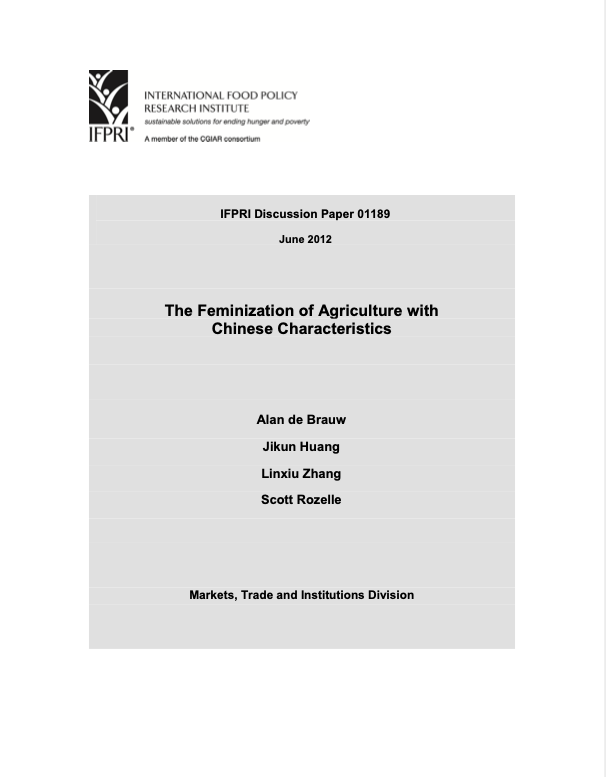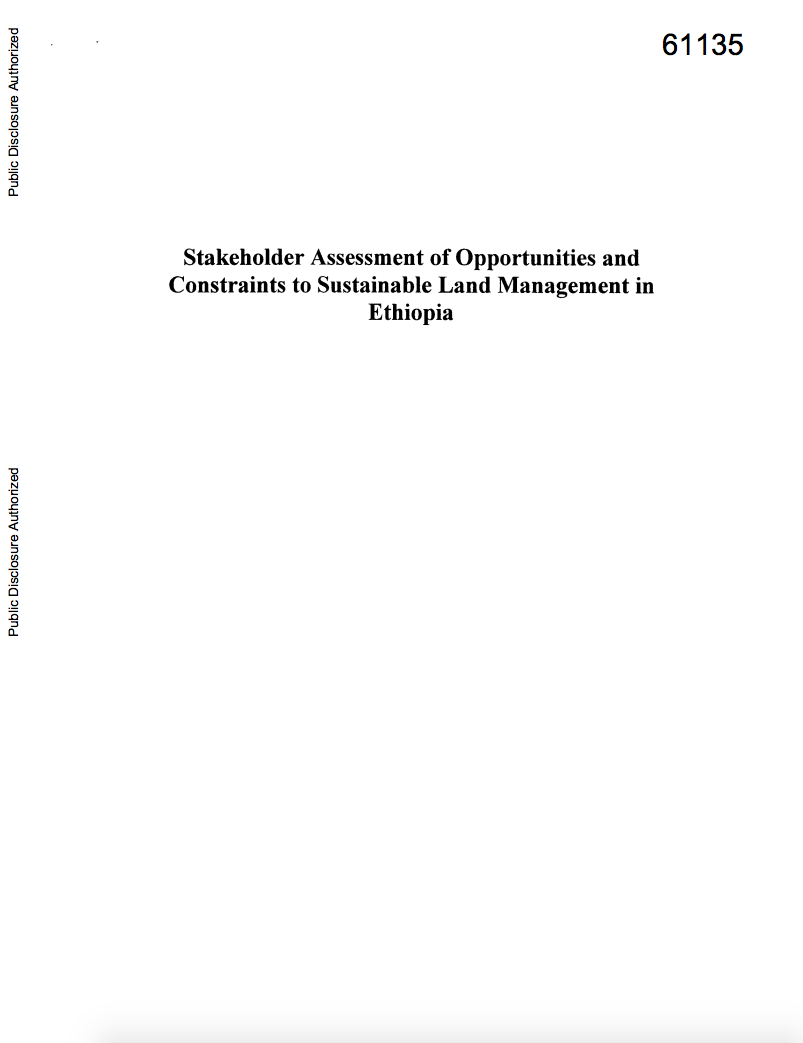Small-Scale Irrigation Dams, Agricultural Production, and Health: Theory and Evidence from Ethiopia
The author looks at the feasibility and potential of instituting small-scale irrigation dams to reduce Ethiopia s dependence on rainfed agriculture and the associated food insecurity. He develops a theoretical framework to assess the welfare implications of irrigation development programs and provides empirical evidence from microdam construction and reforestation projects in northern Ethiopia. The author pays particular attention to health-related costs of establishing small-scale irrigation dams in areas prone to waterborne diseases.



